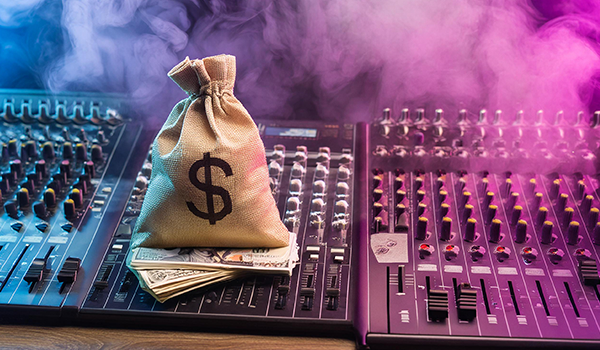Imagine releasing a song you just wrote - and it suddenly blows up.
Your streams are in the millions and you’re preparing to enjoy your new life of celebrity and the riches that come with it - so long as you haven’t blindly signed your rights away, at least. Soon, the figures in your bank account will be higher than they’ve ever been - proof that the future is looking very good indeed.
And then, a songwriter you occasionally collaborate with accuses you of stealing your hit song from them. They've seen how it's rocketed on the streaming services, and now that it’s making serious money, they’ve decided they own half of it. You’re perplexed. All they did was suggest one lyric change when you casually played your songwriter demo to them.
True, you did use their one line of lyrics and said you’d “take care of them if the song ever makes money,” but you were thinking of taking them out to dinner, maybe buying them some small gift to thank them for their suggestion, certainly not giving them half your musical composition copyright - or anything even close to it. Like, seriously.
With No Song Split Agreement Ownership is Divided Equally - by Law!
But now that your song has taken off, this collaborator is suddenly demanding 50% of it. You tell them to forget it, maybe you’ll give them 5% of the publishing so they can collect a few performance royalties, and even that feels overly generous. But nope, they insist on 50% ownership and nothing less will suffice. 50%! That's an awful lot of publishing royalties for one line of a song. Right out of the shoot your performance royalties are split in half, let alone you won't be getting the proper credit for your song anymore.
The next thing you know they’ve taken you to court over the dispute. And guess what happens? The court agrees with your co-writer and mandates a default 50-50 split of the ownership percentage of your song’s musical composition copyright, affecting the distribution of performance royalties. You just lost half your song, half your publishing royalties to this schmuck for his one line of lyrics in the third verse of your hit. Worse, you’ve also doled out all this money in legal expenses to try and protect your interests in this dispute. Pretty unfair, huh?
Why Song Split Agreements Are Crucial
But this is exactly what can happen when you don’t have song split agreements in place with your co-writers and producers. In the above situation, had you immediately signed a written agreement together stating that your “co-writer” was entitled to a 5% ownership share in the song’s composition copyright - and nothing else - it would have changed everything.
Because without a song split sheet agreement stating otherwise, by law, ownership of a song’s composition copyright is divided equally among all its writers. Regardless if they only contributed one line to the third verse, they’re legally entitled to as much of the song as you are - even though you wrote all the music and 99.5% of the lyrics. No wonder you’re so-called “co-writer” sued you; they’re going to be collecting a lot of money for that one fortuitous line of lyrics they offered you.
See why having solid song split agreements in place with your co-writers is so important?
But even if talking with your co-writers and hammering out ownership percentages of the music you just created is the last thing you feel like doing, you must do it. You must come to terms and have the song split agreements for your songs finalized, ensuring clear song ownership and fair royalty splits.
Music Publishers Demand Split Sheet Agreements
Think about this. You have a song called “X” and you believe that you wrote half of it with another songwriter. Then you sign a publishing deal with music publisher which includes the song called “X” and it turns out that your co-writer of that song thinks your ownership should only be 10%. Now what? Try licensing that song. You’re probably in breach of your publishing agreement and forget about telling your publisher what your split is on a new song. They aren’t going to trust you. They will want to see the signed split agreement for all of your songs.
You want them to pitch synch opportunities for the new song? Forget it, they are going to pitch songs that come from just as good of writers who have their splits agreed on. Same thing with synch agents, their clients, or any record label thinking about releasing your co-written material. It’s just good business to have your song’s ownership splits agreed upon in writing before your start making money with those songs.
All the more reason to come to an agreement with your co-writers on ownership rights as soon as possible (ideally at the end of your writing session).
No Set Formula for Songwriter Split Percentages
Simply put, a songwriter split sheet agreement is a legally binding contract that lists a composition’s writers, records their percentage of ownership in its copyright, and how these ownership percentages determine the division of publishing royalties. This agreement is crucial for any particular song, as it outlines the agreed-upon shares of each contributor, ensuring there's no confusion on how performance royalties are split. There’s no “official” formula for how much a chorus or a bridge contributes to a song's value, although it's commonly accepted in the music business that lyrics and music each constitute 50% of a song's copyright. The exact division when multiple co-writers are involved is determined by the parties who sign the agreement.
But not only is the process of documenting copyright ownership shares in stone important, these agreements also confirm which writer, or writers, will get to administer the song, another crucial component which we’ll get to in a minute.
All Music Agreements Should Be In Writing
Music split sheets are essential because having these details clarified in a written contract is always better than a simple handshake or verbal agreement. With a proper music split sheet in place, including the song title for each track and clear identification, there’s not likely to be any ownership disputes later on. Everything is down in writing, every writer has agreed to the deal and signed the document. Case closed. Or rather, never opened in the first place.
Sure, it might feel awkward at the end of a productive writing session to sit down with your collaborators and decide who wrote what and how much of the copyright their contribution is worth, but far better to do it right away, get it on paper (or more likely, digitally), and be done with it. Nobody can come back later claiming they own more of the song than they do when a signed split sheet agreement is on the table. For those unfamiliar with how to create these music agreements, a split sheet template file can serve as a helpful starting point, providing an editable and printable form for documenting song ownership and contractual agreements between contributors.
Administration Rights and Music Royalties in a Song Split Agreement
Now, let's talk a little about administration. Unless stated otherwise in a song split agreement (sometimes called a music split sheet amount, or song split sheet agreement) a song's administration rights are also divided equally. In practice, that means anytime you want to commercially exploit the co-written song, say, do a sync license deal with it, you'll first need each writer's written approval for that use. That might be fine, depending on the situation. But let's say you have a deal on the table that needs to be signed immediately, as is often the case, but you can't locate one of your co-writers. Maybe it's for a song you wrote 10 years ago and one of your co-writers has died? Who inherited their copyrights? Where are they? How can you reach them? Meanwhile, your sync agreement is on hold while the film's producers are getting sick of how much time it's taking you to close this relatively simple deal. So instead, they opt to go with another song. Trying to land your song is simply more hassle than it's worth. You lose. Goodbye sync deal and the opportunities and exposure that might've come from it.
That's an extreme example, I know, but it's definitely not uncommon - especially when you have multiple writers owning a song. That could be a producer, drum programmer, synth programmer, or the artist recording the song, if that's not you. In this day and age, you can find yourself with a lot of co-writers on a song, and that can make administration complicated. So to avoid this sort of thing, typically, the most prudent thing to do is to assign a co-written song's administration rights to one writer; particularly if that writer is also the recording artist releasing the song. So, when commercial opportunities for that song arise, you don't have to chase down half a dozen co-writers for their signatures and can just proceed with the deal. Everyone still gets the same amount of money for these deals, but only one writer negotiates and signs them on everyone's behalf.
Music Business 101
Fortunately, even as important as they are, understanding song split sheet agreements isn’t all that difficult. They aren’t especially complicated agreements. That said, beware of bogus sample song split agreements you download online. Some are much better - and more comprehensive - than others. I recommend going to Creative Intell.com to look for a sample song split agreement on their platform and learn a little more about them there.
Their Creative Intell Academy online music business training actually has an entire course devoted to these agreements, and it comes with a perfectly drafted, downloadable song split agreement template you can edit and use for your own purposes. Understanding and agreeing upon copyright ownership and songwriting splits is crucial for ensuring fair compensation and proper credit due among contributors. The importance of music split sheets to accurately document and allocate royalty splits is paramount for every songwriter who collaborates with other writers.
With respect to music contract templates Creative Intell Academy is actually one of the best deals on the internet. Not only do you get a heap of music business training courses for half the price of just one course at, say, Berklee or elsewhere, but their Industry Agreement courses come with sample agreement templates like the song split contract we’ve been talking about. Importantly, Creative Intell's sample agreements templates are drafted by some of the top entertainment lawyers in the business, not some real estate lawyer from Florida who has a side project.
Having a solid songwriting agreement that clearly splits the performance royalties and clarifies the administration of your song is Music Business 101 stuff, but it’s still often overlooked by artists, and results in a lot of inequitable royalty payments. In other words, whenever you co-write with anyone - your bandmates, best friend, mother - you would be well advised to bring a few blank song split agreement templates to your writing session and have everyone agree to their ownership percentages right then and there, decide who gets the administration responsibilities your hard work, and put it all down in writing. It could very well save you a lot of heartbreak - not to mention friendships with your co-writers - if one of your songs starts generating boatloads of money.
Oh, and btw, I get asked this a lot these days and I don’t know why, but let me set the record straight once and for all: no, there is no such thing as a song and sound recording split agreement. Simply doesn’t exist. As we’ve seen, there are songwriter split agreements, and there are also some recording and partnership agreements that might go into ownership percentages of certain sound recordings, but musical compositions and sound recordings are two different animals, with different copyrights and revenue streams. There is simply no combined song and sound recording split agreement. Makes no sense. So now you know.
Disclaimer language:
Creative Intell is not affiliated, nor associated in any way, with any third parties referenced herein, nor their respective goods or services. Any and all third-party tradenames, trademarks, and/or service marks referenced are used for informational purposes only, and are the exclusive property of their respective trademark owners.
Tags:
Industry Agreements
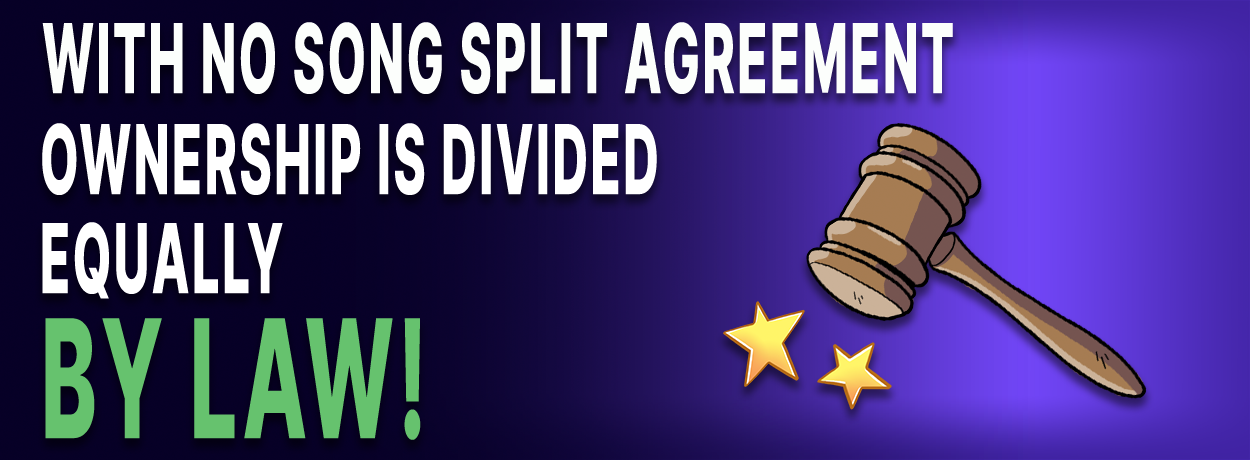

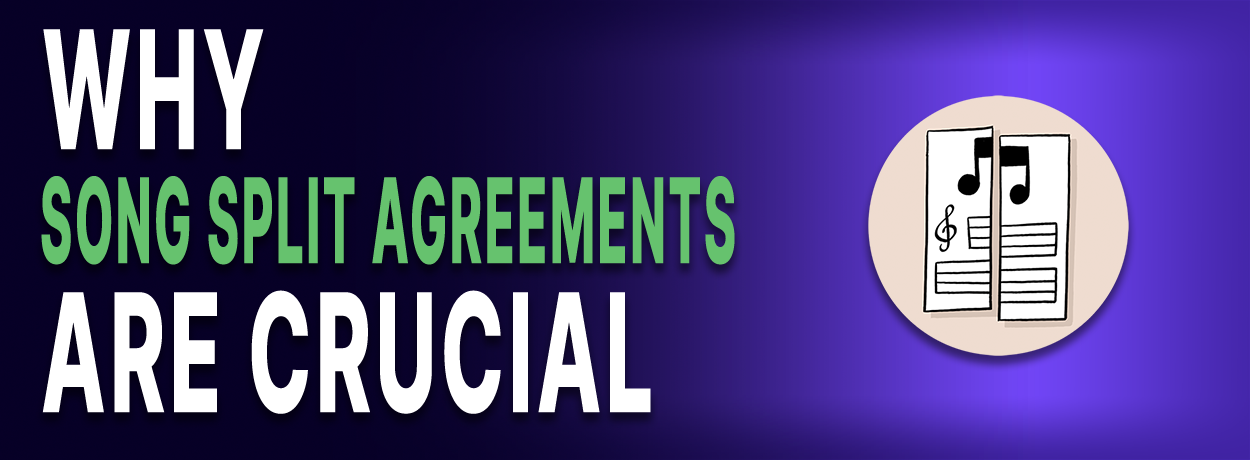
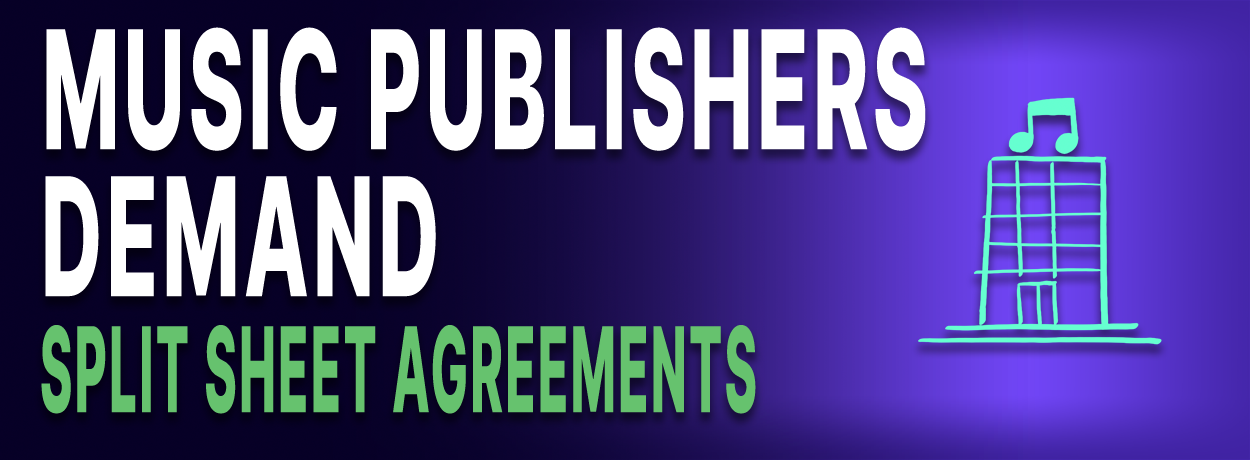
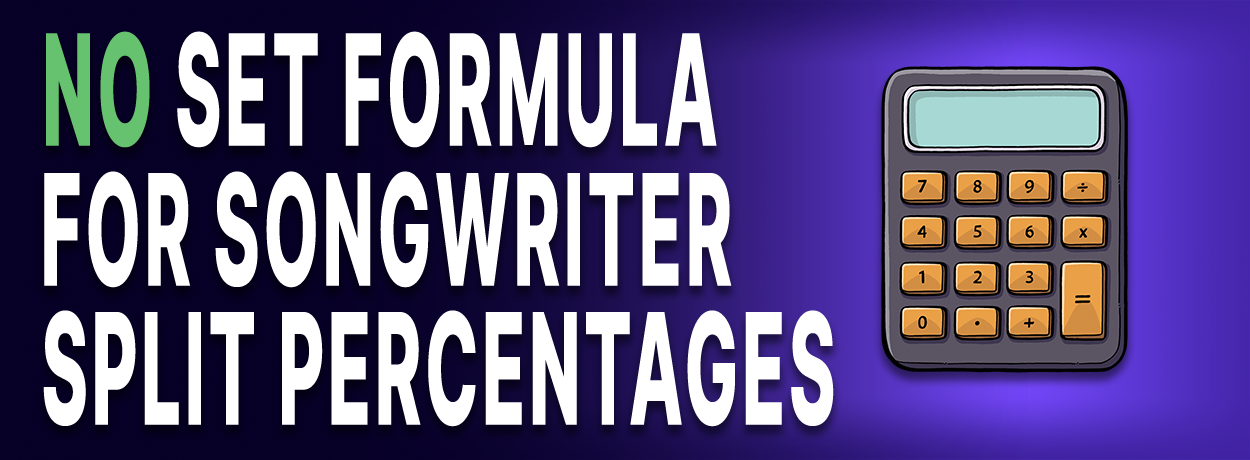
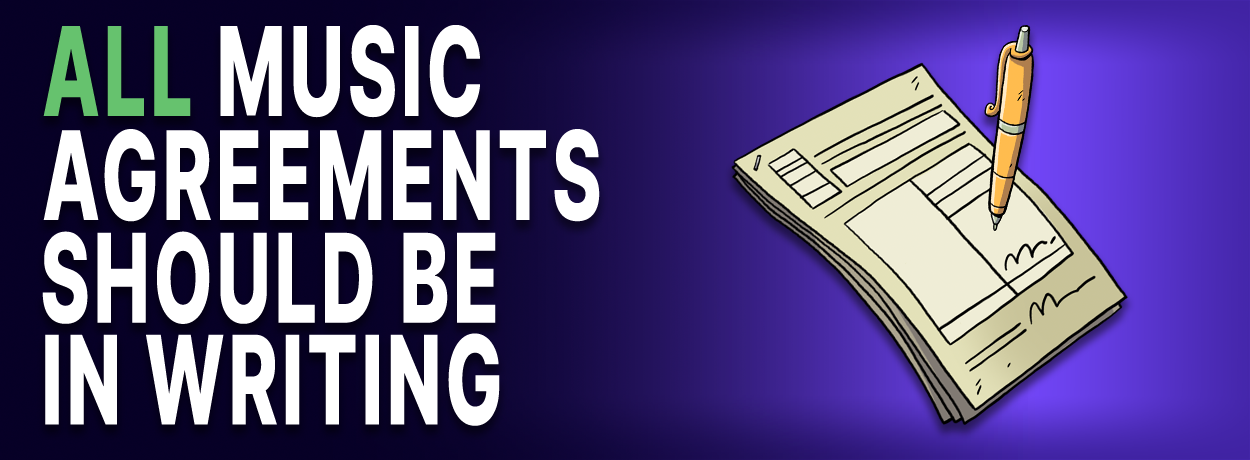
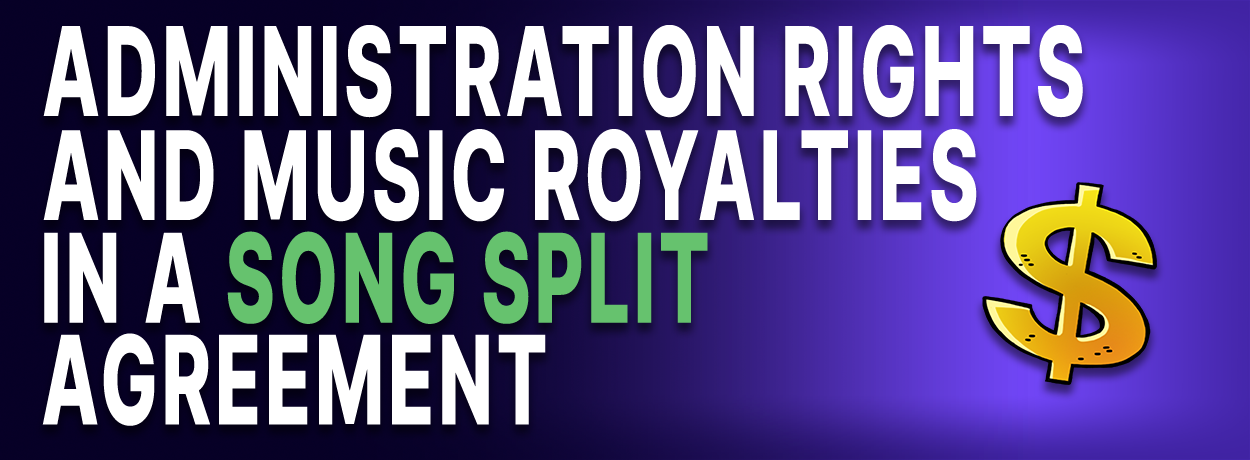
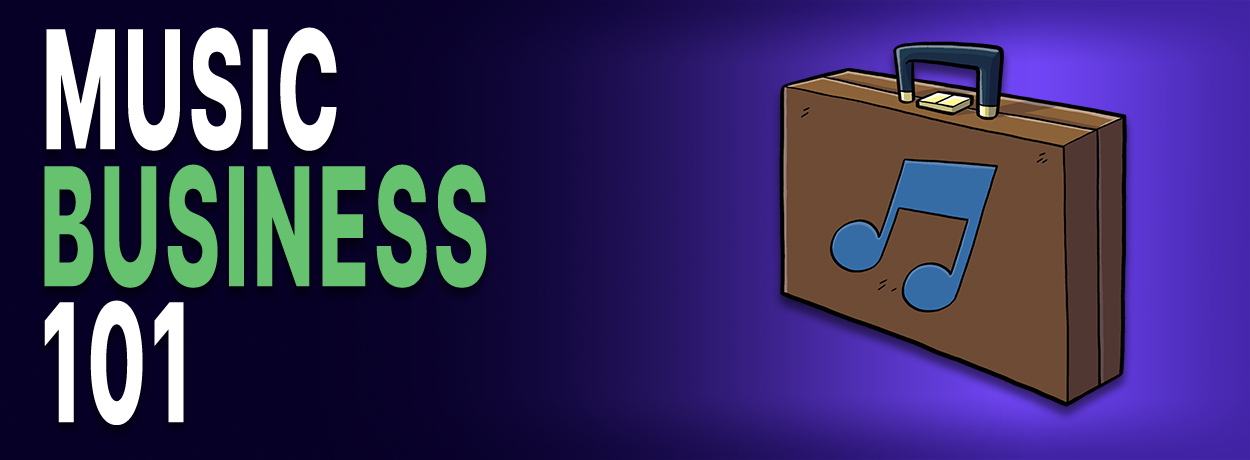

.png?width=736&height=443&name=BLOG_Ads_0000_BottomofArticleAD_MYci_V2_WhiteLOGO%20(2).png)


